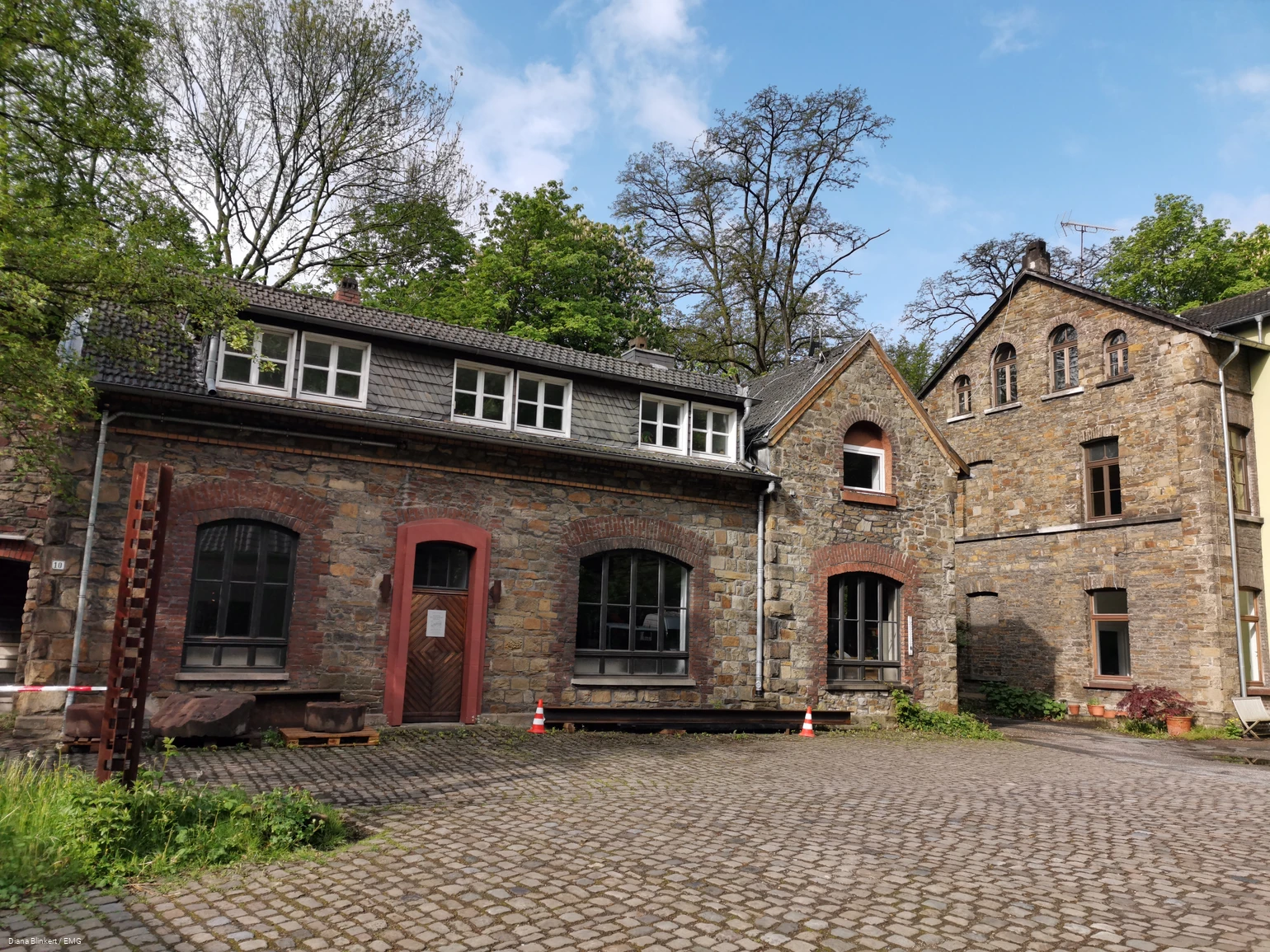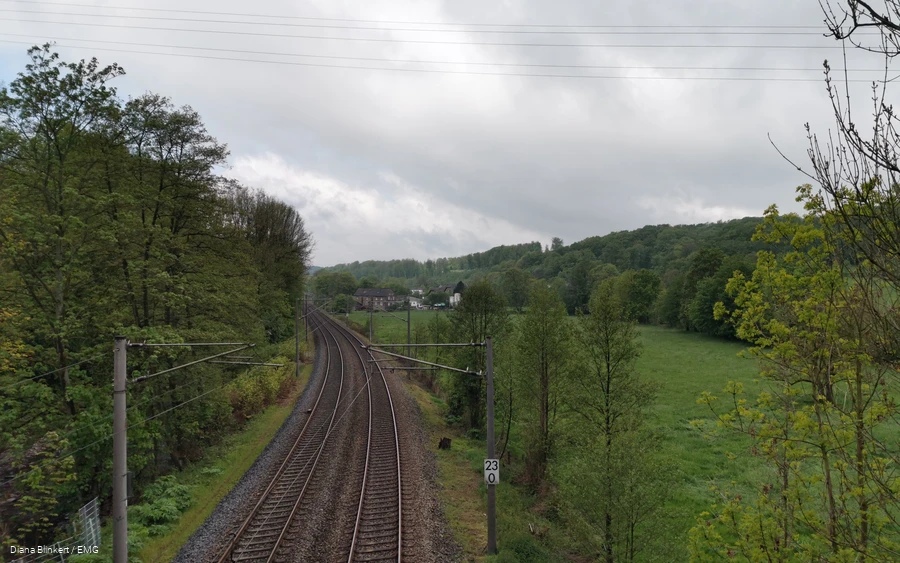- currently closed
Deilbachtal cultural landscape
Historical site | nature experiences diverse | industrial culture | excursion destinations | place | nature experiences
The Deilbachtal cultural landscape in Essen is a monumental landscape that includes geological outcrops as well as pre-industrial and early industrial evidence. It illustrates the history of metal processing and early mining in the Ruhrgebiet.
Address
Deilbachtal cultural landscape
Nierendorfer Straße 10 a
45257 Essen
Telephone: +49 201 24681 444
Fax: +49 201 24681 460
Properties:
The Deilbachtal cultural landscape in Essen is an impressive example of the development of natural and cultural history. As early as the 16th century, a form of industry developed here that was favored by the special natural conditions. The slopes of the valley enabled the early mining of hard coal, while ores, sandstones and slate clays formed the basis for other branches of industry. The extensive forests provided the necessary wood for the production of charcoal, which was essential for metal processing. The Deilbach itself powered Hammes and mills, which further promoted industrial development. The strategic location of the valley, combined with the navigability of the Ruhr from 1770 and the connection to the Wuppertal area via the Prinz Wilhelm Railway in 1830/31, considerably expanded the sales opportunities. Historic sites such as the Deilbachhammer and the Kupferhammer bear witness to this industrial heyday.
Business hours
Due to flood damage, this branch will remain closed until further notice and no events will take place there.
View the building from the outside.
Further information can be found at
https://ruhrmuseum.de/standorte/in-essen/kulturlandschaft-deilbachtal


